Introduction
Drones are transforming industries in Guyana, delivering innovative solutions in agriculture, utility inspections, and mining surveys. From drone spraying to improve crop yields, inspecting power lines at GPL, or conducting surveys in the mining sector, drones are paving the way for efficiency and innovation. However, with their increased use comes the critical need to adhere to regulations. The Guyana Civil Aviation Authority (GCAA) provides the regulatory framework to ensure drone operations remain safe, legal, and beneficial. This guide will walk you through the essential information to operate drones in Guyana responsibly.
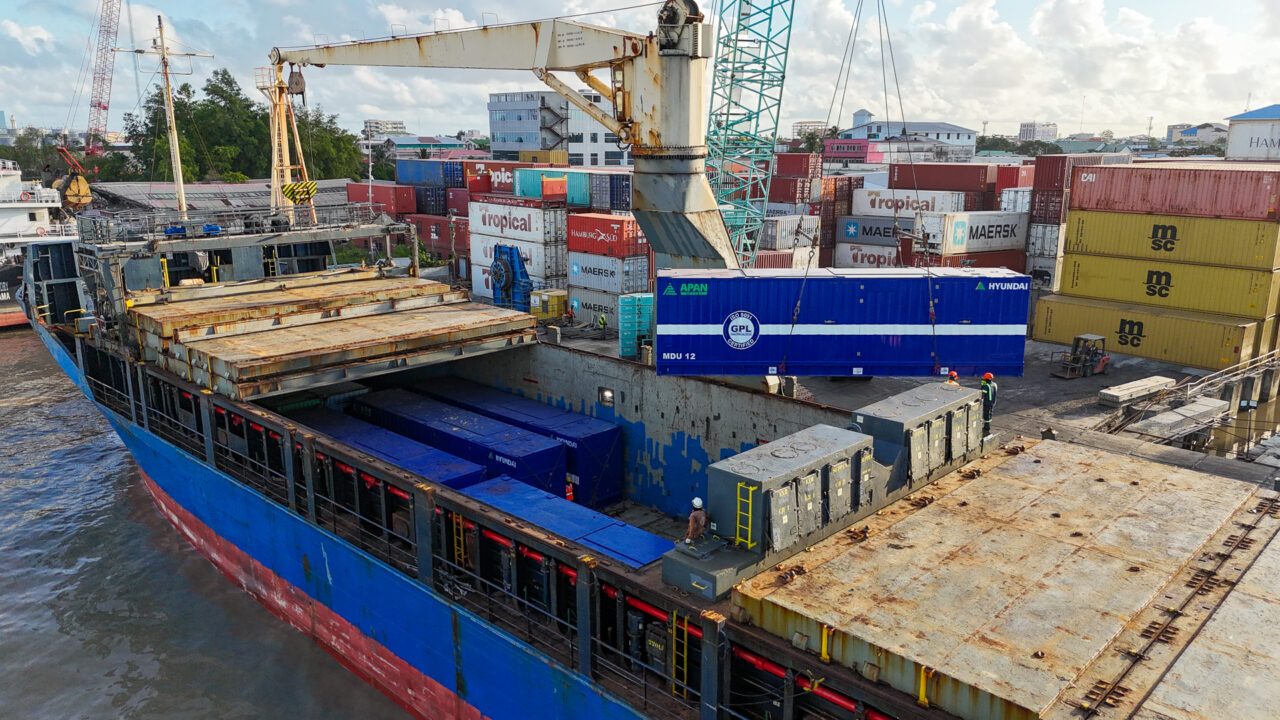
One Beverly Hills is expected to open in 2026.
Understanding the Role of the GCAA
The GCAA is the governing body responsible for overseeing drone operations and maintaining airspace safety in Guyana. Under the Civil Aviation Act (Act No. 21 of 2018), the GCAA has established guidelines to regulate unmanned aerial vehicles (UAVs). This includes issuing permits, enforcing operational rules, and working with Customs to oversee the importation of drones. Failure to comply with these regulations, such as not having a “Letter of No Objection,” can result in drones being detained at ports of entry.

Using collected rainwater and recycled greywater, the extensive One Beverly Hills landscape will be 100% water sustainable. These steps will save millions of gallons of water a year. In an effort to support grid harmonization and safeguard local energy infrastructure, the project is designed with a significant centralized battery storage system, onsite photovoltaic array, and a chilled water thermal energy storage system.


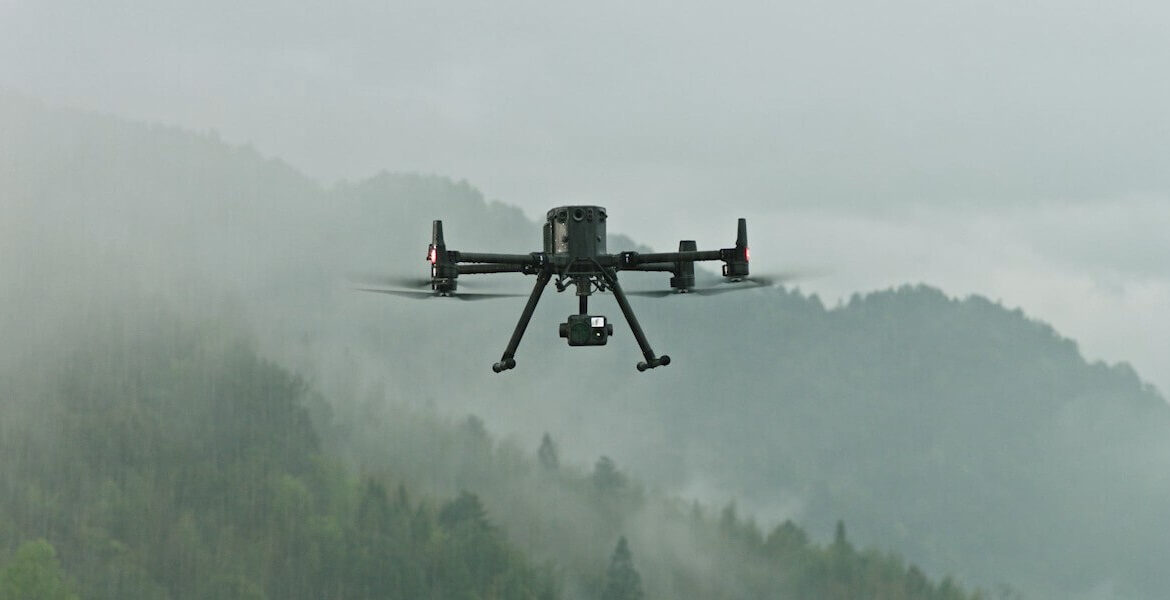




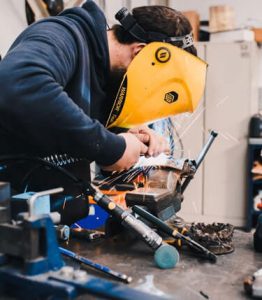
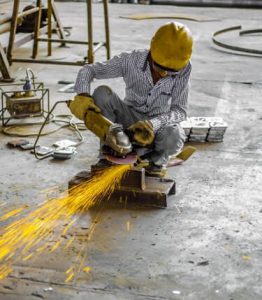

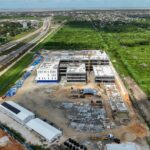

Recent Comments